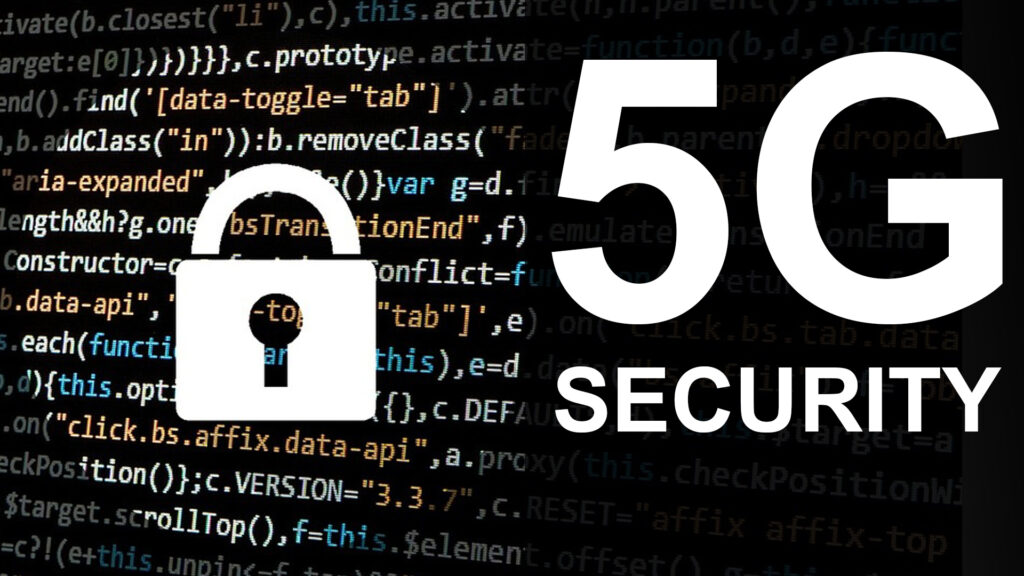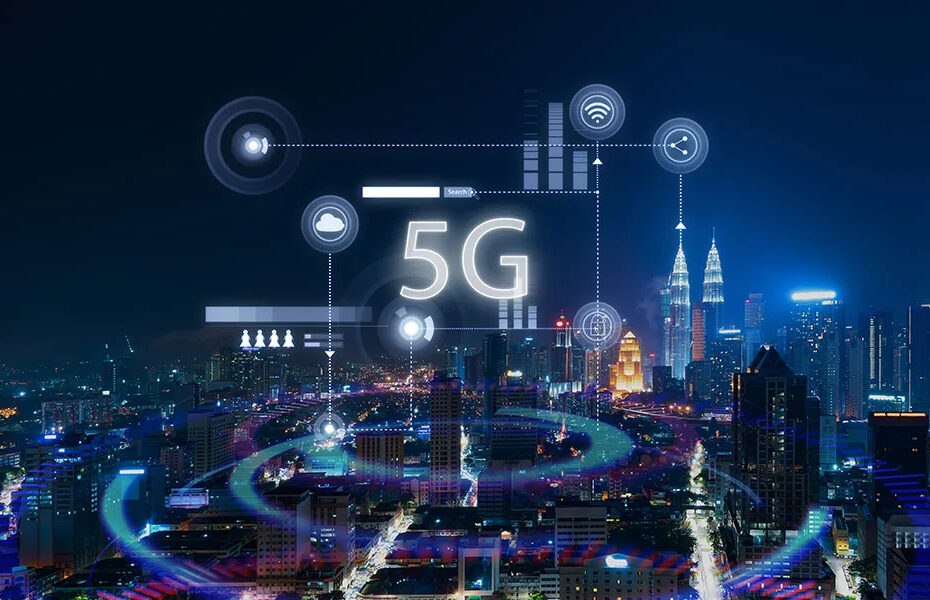As we are heading towards a fast lifestyle where people expect shorter search times and faster internet speeds, the roll out of 5G mobile technology is just making things easier. Giving users faster internet speeds as compared to previous models, the main question arises is that with all the anticipation and wait for this new cellular technology, will 5G mobile technology actually live up to the hype? with that being said, this article is set to give our readers the overall picture of what is 5G technology, its benefits and user accessibility. So, without further ado lets dive right in!
5G Tech 101
You might be wondering, exactly “what is the difference between 4G and 5G?”, “what is 5G providing me as a benefit that 4G has not?”
The answer is simple: Speed, lots and lots of speed.
5G mobile technology or better understood as “fifth-generation wireless technology” is the latest advanced rollout in cellular technology. It boasts significant improvements over the previous 4G technology such as speed, latency and the capacity to enable various possibilities for new applications and industries.
Benefits of 5G Mobile Technology
- Higher Bandwidth:
An increased bandwidth is advantageous for businesses that have to process large amounts of data in a short amount of time. By using 5G mobile technology, these businesses can make better decisions when it comes to workplace productivity, products and operational efficiency.
2. Higher Speed and Lower Latency
Tech newbs reading about 5G mobile technology for the first time must definitely have been confused by this terminology. Simply put, latency is defined as how long it takes for a signal to travel. Lower latency is basically noted as a minimal delay between data transmission between two points. Lower latency and higher internet speed go hand in hand. A higher internet speed can only be achieved if lower latency is achieved int he first place. 5G technology delivers both. This is significantly beneficial when it comes to handling devices remotely in real time. This feature is known as Ultra-Reliable Low Latency Communications (URLLC). This can help businesses in a lot of critical real time applications.
3. Coverage
Surpassing coverage ranges from that of 4G technology, 5G mobile technology can cover expansive ranges through its extremely advance design. 5G uses mechanism such as midband spectrum, network densification and multiple input, multiple output (MIMO) technology. To simply explain in a nutshell, the listed mechanisms are used by wireless technologies to further enhance the performance of wireless technologies specifically the coverage.
4. Low Power Consumption
5G mobile technology is known to reduce an estimated 90% in power consumption. This means that at a smartphone level, a minor power consumption reduction can be seen but on a more advanced deployment level this number is very significant. This can mean amore improved ratio of power consumption to traffic volume.
5. Security
5G mobile technology boasts important security advancements compared to that of 4G technology. The new advancements contain an Authentication Server function, which generates security keys derived from the user’s home networks and a Security Anchor Function, which can reject the authentication request from the user and as a middleman waits for the authorization of Authentication server function to give the green light to authenticate the user.
These security measures are very crucial when it comes to large data tracking done by companies. With such a large amount of data being tracked, it might make the security vulnerable.

5G technology and Future Applications
Healthcare: 5G can help healthcare workers during remote patient monitoring, remote surgery and telemedicine.
Automation: In manufacturing, Gas and construction industries, 5G can be applied in a lot of different ways. One example can be of automative companies taking help from edge computing and building self-sufficient vehicles.
Final Thoughts
The adoption of 5G mobile technology is more than just an upgrade in internet speed; it’s a significant leap towards digital transformation. With remarkable enhancements in speed, latency, security, and efficiency, 5G sets the stage for innovative applications across various industries, reshaping our daily interactions with technology. As 5G continues to roll out worldwide, businesses and consumers alike stand to benefit immensely, pushing the boundaries of what’s digitally possible.
Stay ahead in the ever-evolving tech landscape! For more insightful tech updates and breakthroughs similar to 5G mobile technology, visit GeekyFest.
GeekyFest keeps you informed about the latest in mobile advancements, AI breakthroughs, and futuristic innovations—ensuring you never miss out on what’s next in tech.
FAQs
What exactly is 5G mobile technology?
5G stands for fifth-generation wireless technology. It significantly outperforms previous generations (like 4G) by offering much higher internet speeds, lower latency, better security, and broader connectivity.
How fast is 5G compared to 4G?
5G is substantially faster than 4G, delivering speeds up to 100 times faster under optimal conditions, significantly reducing the time required for downloads, uploads, and streaming.
Is 5G mobile technology available everywhere?
Not yet. 5G technology is being progressively rolled out worldwide. While urban areas have priority, full global coverage will take a few more years.
Can I use 5G on my current smartphone?
Only if your smartphone is specifically designed to support 5G. Older phones typically do not support this technology and will remain limited to 4G or older networks.
What industries benefit most from 5G?
Industries such as healthcare, automotive, manufacturing, and telecommunications stand to benefit significantly from 5G technology through improvements like real-time remote operations, automation, and enhanced connectivity.


